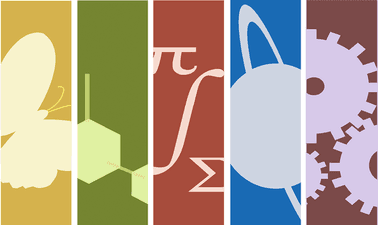FedericaX: Modelli di insegnamento nella ricerca educativa
La pedagogia è una disciplina affascinante che riflette sull'educazione e sull'insegnamento. In questo corso si ripercorrono i modelli di formazione tradizionali e attuali, ed il concetto di educabilità.

- Certification
- Certificate of completion
- Duration
- 6 weeks
- Price Value
- $ 55
- Difficulty Level
- Introductory










